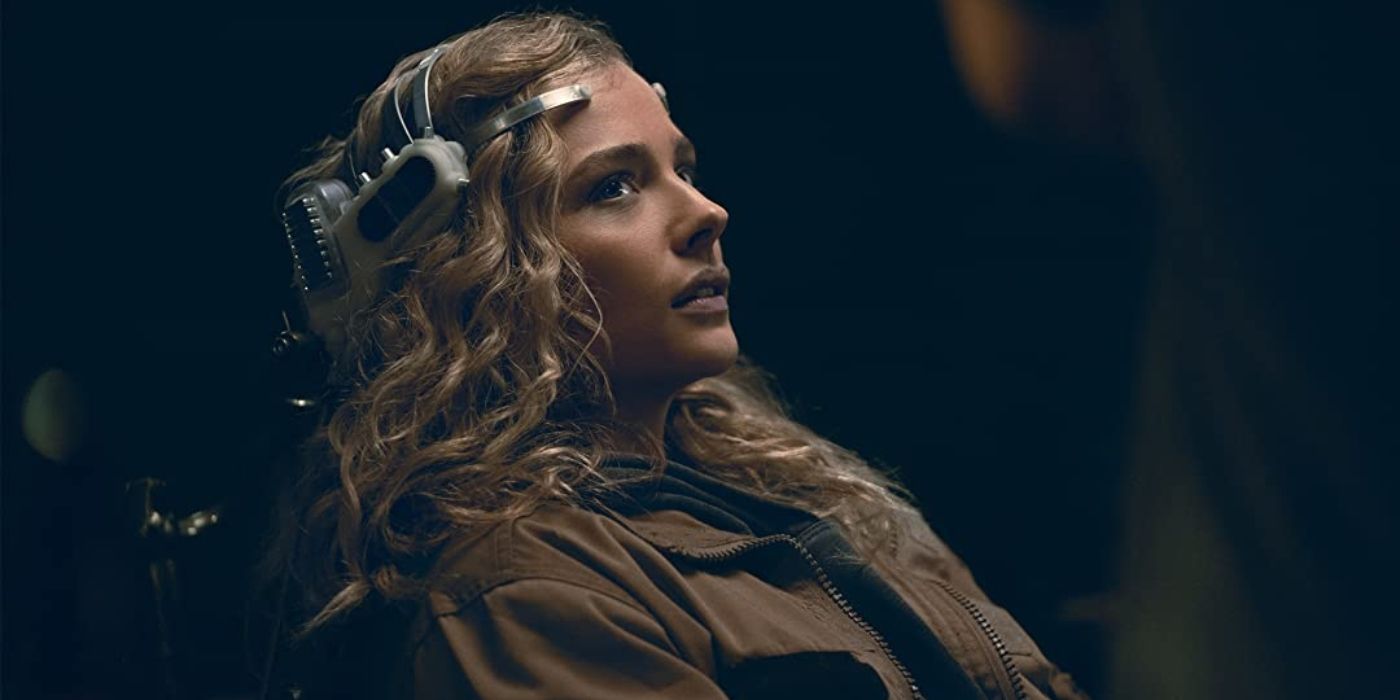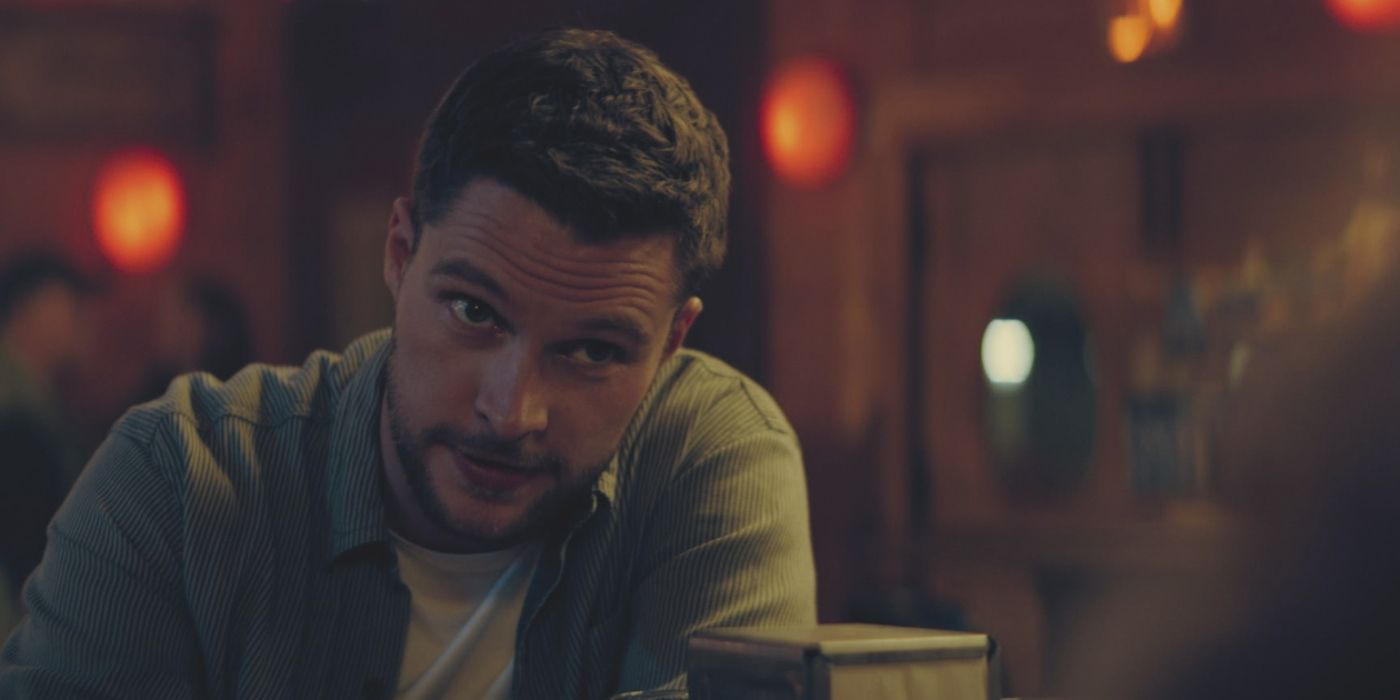Prolific science fiction author and cyberpunk pioneer William Gibson's 2014 novel The Peripheral has been adapted into a television series of the same name by Scott Smith on Prime Video. Set across branching timelines, the show serves up plenty of dystopian stakes and unflinchingly graphic action, backed with plenty of social commentary about the world today. Though the adaptation's sprawl and emphasis on time-bending spectacle and possibility distract from the emotional story at its core at times, there are enough intriguing ideas and solid performances to hold the audience's attention for a big-budget sci-fi show across its eight-episode run.
By the year 2099, humanity has developed a headset that allows users to control others in a virtual reality-like setting as they live out various fantasies, from slick spy missions to World War II reenactments. This new technology is explored in 2032 North Carolina, with a young woman named Flynne Fisher (Chloë Grace Moretz) struggling to earn enough money for prohibitively expensive medicine for her ailing mother. By using an advanced VR headset, Flynne takes on the form of her older brother Burton (Jack Reynor) while completing various video game levels to earn cash. However, messages from a mysterious figure (Gary Carr) in 2099 London advise her on how to evade contract killers out for her and her family that could reshape the timeline completely.
With Westworld creators Jonathan Nolan and Lisa Joy serving as executive producers, The Peripheral feels spiritually linked to the pair's successful HBO series. Both shows draw clear parallels between issues facing contemporary society with the sci-fi worlds they've shepherded to television, from rising healthcare costs to the growth of the gig economy to an advanced surveillance state that virtually eliminates any sense of personal privacy. These messages come in fast, furious, and thinly veiled -- if veiled at all -- commentary, though the messaging can come across as heavy-handed with its lack of subtlety at times.
Moretz and Reynor are both reliably good as the Fisher siblings, though some of the nuance is lost in the shuffle of each episode. With its virtual reality premise, The Peripheral has a surprising amount of latitude in where it can take Flynne and Burton in each episode, and it knows it. This certainly livens up the proceedings, with the show taking full advantage of the available creative possibilities, but in such a way that it can overshadow the performances.
However, The Peripheral's biggest shortcoming lies within its storytelling excesses, particularly regarding runtime and the depiction of violence. While each episode runs for over an hour, it rarely feels like it earns that extended length, with some sequences going on a bit too long to justify the prolonged narrative. Similarly, the violence depicted on-screen is often meant to underscore how mercilessly vicious the characters can be, but several episodes in, the thematic point has already been well-established and starts to come off as gratuitous instead.
The Peripheral definitely has the production value and talented cast worthy of its scope, asking big questions and delivering pointed commentary on the world today with skill. There is definitely clear ambition with the storytelling, from its intersecting timelines and immersive virtual reality worlds, but the show gets lost in its own breadth at times. A solid science fiction adaptation, The Peripheral could have used a little trim in the editing room to fully live up to its own stakes.
Created by Scott Smith, The Peripheral is streaming now on Prime Video, with new episodes released every Friday.



